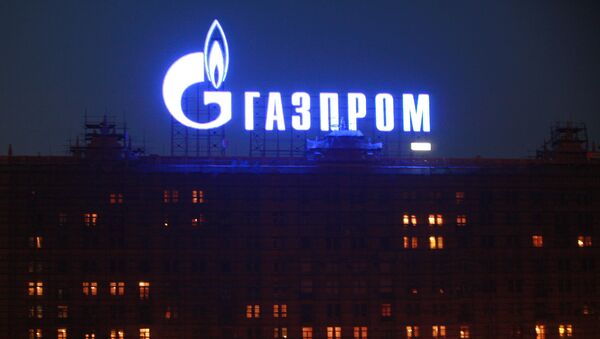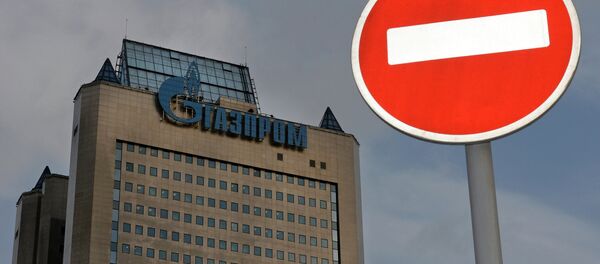Speaking to Radio Sputnik on Wednesday, Aris explained that while Gazprom's network of fixed pipelines makes it a natural monopoly, and that "from a business point of view, if you introduce new regulations, you can't turn around and implement them retroactively on contracts that were signed in compliance with existing regulations."
Aris noted that even if Gazprom "may have been charging economic rent for some of the gas deliveries…those deals were cut under existing regulations and European countries signed them, agreeing to the prices."
The expert explained that while "it's normal for governments to want to regulate natural monopolies…this should be done at the level of an intergovernmental agreement, rather than introducing legislation and then applying it retroactively."
On Wednesday, the European Commission filed formal antitrust charges against Gazprom over alleged overcharging of state customers in Central and Eastern Europe.
.@EU_Commission sends Statement of Objections to #Gazprom for alleged abuse of dominance http://t.co/1l0Z19OuzM pic.twitter.com/ysh87pbBaZ
— European Commission (@EU_Commission) 22 апреля 2015
Statement of Objection against Gazprom activities in 8 countries. Our preliminary view: Gazprom partitioned market and charged unfair prices
— Margrethe Vestager (@vestager) 22 апреля 2015
The EC says that Gazprom has 12 weeks to respond to the Statement of Objections, and expressed interest in bilateral talks on the matter with company representatives. It adds that Gazprom might be obliged to pay a fine equal to up to 10 percent of its gross global trade.
Gazprom has issued an official reply, noting the company "considers the claims brought by the European Commission to be unsubstantiated."
#Gazprom Statement on the adoption of the EU Commission’s Statement of Objections within its antitrust investigation: http://t.co/APRigMq6ar
— Gazprom (@GazpromNewsEN) 22 апреля 2015
The company's press release states furthermore that Gazprom "strictly adheres to all the rules of international law and legislation in the countries where Gazprom Group operates. Operation of Gazprom Group on the EU market, including applicable principles of gas pricing, meets the standards that are used by other producers and exporters of gas."
Commenting on the matter on Wednesday, Russian Foreign Minister Sergei Lavrov noted that all contracts signed between Gazprom and its partners are in accordance with legislation effective in the European Union at the time of the signing.
Gazprom, a Russian state-owned company, is the world's largest natural gas producer, accounting for up to 14 percent of global natural gas production.




